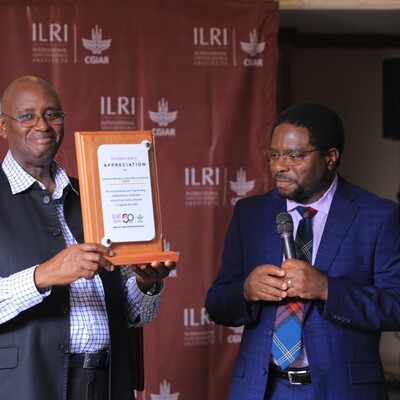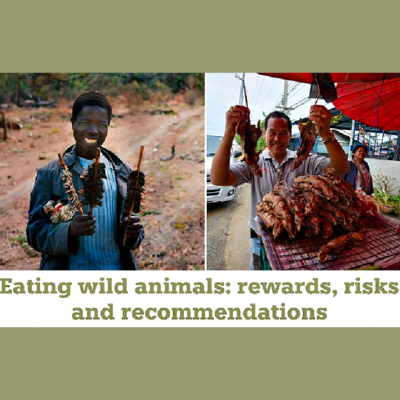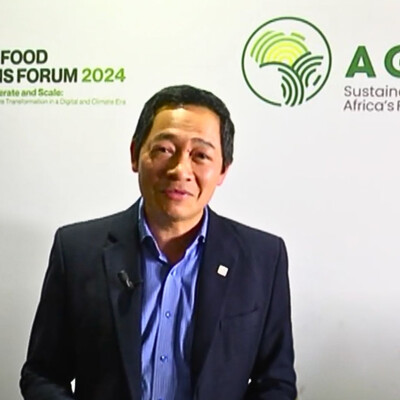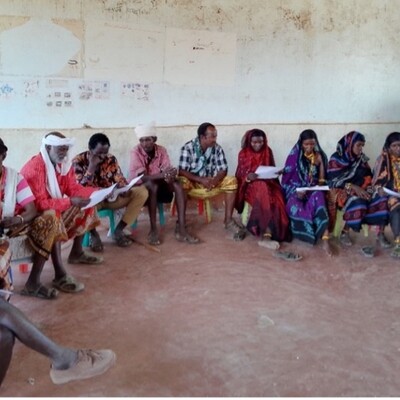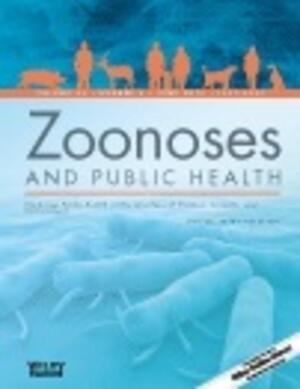
COHESA One Health training equips university students to manage infectious diseases in Africa
The interconnection between the health of people, animals, plants and their shared environment is becoming more evident as endemic, emerging and re-emerging infectious diseases increase in prevalence. One Health, which is a cross-sectoral approach, is key to the mitigation of these challenges, which include antimicrobial resistance and zoonoses such as avian influenza, Ebola, Marburg and COVID-19.
Successful implementation of the One Health approach partly depends on a well-trained workforce. In collaboration with public universities, government ministries and other national and regional partners, the Capacitating One Health in Eastern and Southern Africa (COHESA) project has since 2021 worked to build the capacity of tertiary institution students in 12 eastern and southern Africa countries to promote understanding, adaptation and uptake of the One Health approach.
Infectious disease management course
In March 2024 a week-long course in infectious disease management was conducted in Kigali, Rwanda, for 36 final-year multi-disciplinary university students. This training comes after more than four years since the last One Health capacity building initiatives, including training in infectious disease management were conducted, following the 2020 suspension of Africa One Health University Network (AFROHUN) funding to Rwanda.
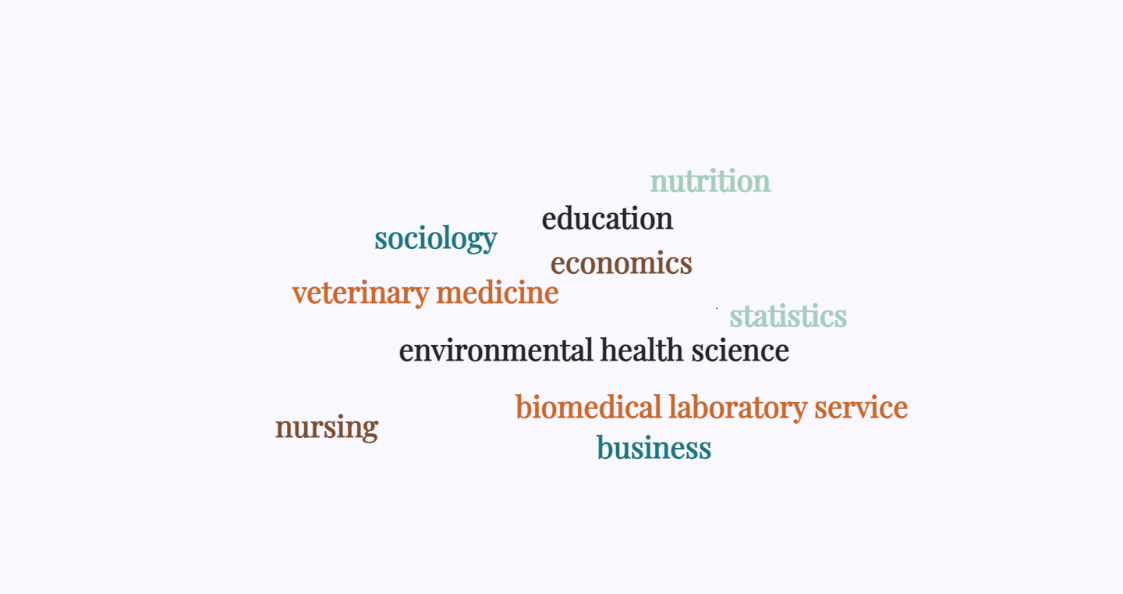
The course illustrated the role of One Health in infectious disease management; demonstrated the relationship between humans, animals and the environment in infectious disease transmission and the role of surveillance in infectious disease management; and demonstrated the influence of culture, gender and social issues on disease outbreak management and control. It is in line with the Rwanda One Health strategic plan for 2021–2026. Objective 3 of the strategy recognizes the need to enhance capacity building of the One Health workforce to bridge the knowledge and skills deficits in detection, prevention and response to emerging and re-emerging infectious diseases and other public health threats.
Anselme Shyaka, assistant professor of One Health in the Center for One Health at the University of Global Health Equity, COHESA country lead in Rwanda and one of the trainers said:

“A work force that appreciates the role of the One Health approach is critical in addressing emerging and re-emerging infections. Targeting students before they leave university will contribute towards building a critical mass of individuals in the workplace that uses a cross-sectoral approach to address human, animal, environmental and eco-systems’ health challenges.”
Icyeza Aline, a social science student who attended the training said:
"Following this training, I now understand how the One Health approach can be used to address the interaction between cultural and social norms and practices on one hand, and infectious diseases’ transmission and management on the other.”

The course was delivered through lecturers, mentorship and interaction with One Health experts from government institutions in charge of health (Rwanda Biomedical Center) and animal health (Veterinary Services at Rwanda Agriculture and Animal Resources Development Board), and the NGO Gorilla Doctors. Participants were introduced to infectious disease surveillance in humans, livestock and wildlife as well as how the three sectors are building an integrated surveillance mechanism. Field visits to a slaughterhouse, the national vaccination centre and Umusambi Village, where the Rwanda Wildlife Conservation Association is working to protect the endangered grey crowned crane and restore the marshland, gave the participants an opportunity to witness One Health in practice.

Government officials highlighted the importance of training the future workforce and proposed similar training for in-service professionals to hone their skills in responding to emerging infectious diseases.
About COHESA
The ‘Capacitating One Health in Eastern and Southern Africa’ (COHESA) project is co-funded by the OACPS Research and Innovation Programme, which is implemented by the Organization of African, Caribbean and Pacific states (OACPS) with the financial support of the European Union.







